You have not yet added any article to your bookmarks!

Join 10k+ people to get notified about new posts, news and tips.
Do not worry we don't spam!
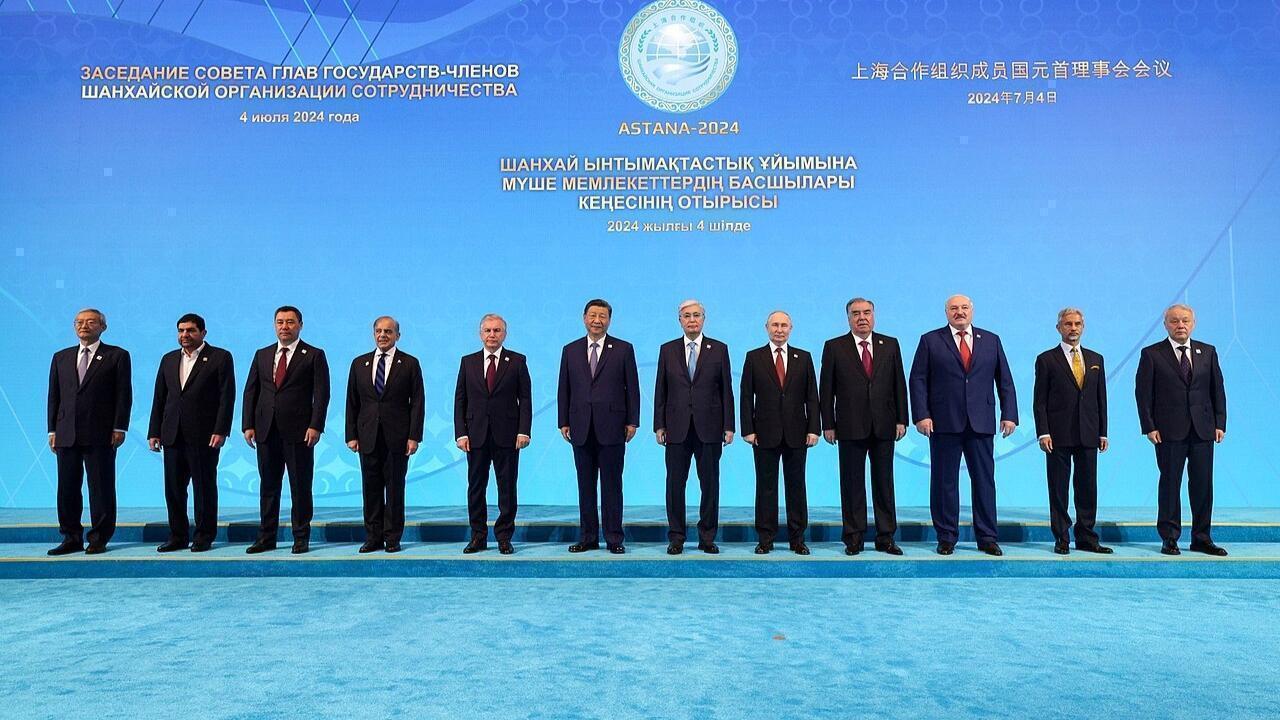
Post by : Anis Farhan
Photo: Wikipedia
Prime Minister Narendra Modi is all set to attend the 2025 Shanghai Cooperation Organisation (SCO) Summit in Tianjin, China, scheduled for August 31 to September 1. This marks his first visit to Chinese soil since the violent Galwan Valley clash in 2020 that brought Indo-China ties to a standstill. The upcoming summit has therefore gained considerable attention, not just for the symbolic thaw it represents but for the pressing regional and bilateral issues awaiting resolution.
India’s participation comes at a time of mounting tensions between regional allies, global realignments, and evolving economic corridors. The decision to attend reflects not just a gesture of diplomacy but a strategy aimed at managing complex relationships while advancing national interests on multilateral platforms.
India’s decision to attend the Tianjin summit is far from symbolic. It’s a calculated diplomatic signal aimed at resetting regional narratives. After maintaining a diplomatic distance from Chinese-led events since the 2020 border clash, the Modi government’s participation sends a message: India is willing to engage, but on its own terms.
Modi’s arrival in China also provides a rare opportunity for bilateral engagement with top Chinese leadership, which could potentially address long-standing border tensions, trade asymmetries, and regional competition. However, officials have maintained that India is not softening its stance, but positioning itself as a key regional player amid emerging multipolarity.
The 2025 summit is expected to focus on several key areas—terrorism, regional security, energy corridors, and digital integration. For India, two priorities stand out: combating cross-border terrorism and promoting fair trade practices. New Delhi has long used the SCO platform to underline its concerns over terror financing and state-sponsored extremism—issues it believes some member states continue to overlook.
In addition, India is likely to push for reforms in trade facilitation within the SCO framework. Concerns have been raised over opaque trade mechanisms and China’s growing economic dominance in the region. India’s recent push for supply chain diversification, digital infrastructure sharing, and inclusive energy access may form the basis of its pitch during the summit’s economic sessions.
Despite the optics of diplomatic engagement, tensions between India and China are far from resolved. The Line of Actual Control (LAC) remains volatile, and disengagement talks have only partially addressed troop deployment and infrastructure buildup on both sides.
India is likely to avoid direct bilateral confrontation at the summit but will aim to raise the issue through strategic posturing and soft diplomacy. Behind closed doors, defense representatives and special envoys may explore confidence-building measures, but no breakthrough is expected unless there’s a strong political commitment from Beijing.
The larger challenge is that both nations continue to view each other as strategic rivals in South Asia and the Indo-Pacific. Modi’s visit might lower the temperature, but the geopolitical contest remains active and multifaceted.
One complicating factor is Pakistan’s participation in the SCO. Over the years, India has used this platform to indirectly address Islamabad’s support for cross-border terrorism, using joint declarations to highlight the dangers of radicalization and extremism.
India is unlikely to engage directly with Pakistan’s representatives, but officials are expected to reinforce their anti-terror narrative through formal speeches and policy statements. With growing global attention on state-sponsored terrorism, India may also push for stronger language in the summit communiqué—something that often meets resistance from Chinese and Pakistani delegates.
Energy and connectivity projects will dominate the summit discussions. China’s Belt and Road Initiative (BRI) remains a sensitive subject for India, especially with the China-Pakistan Economic Corridor (CPEC) running through disputed territories. India has repeatedly refused to endorse BRI, and that stance is expected to continue in Tianjin.
Instead, India is likely to propose alternative connectivity models, such as the India-Middle East-Europe Economic Corridor (IMEEC), which it sees as a sustainable and rule-based infrastructure path. Discussions around digital corridors, renewable energy sharing, and space cooperation may also feature in India's broader push for clean and fair development.
While China remains the dominant force within the SCO, India’s participation provides an opportunity to counterbalance that influence. With support from nations like Russia, Uzbekistan, and Kazakhstan, India may build alliances within the bloc to promote a more balanced vision of regional cooperation.
India’s increasing defense and technology partnerships with Central Asia give it leverage. By aligning with nations that seek reduced Chinese hegemony, India could strengthen its hand in negotiations and future multilateral arrangements.
The 2025 SCO Summit is more than just a formal gathering. It represents a critical moment in Asia’s shifting geopolitical dynamics. As the region faces challenges from economic instability to climate change and digital regulation, the SCO offers a platform for collaborative solutions.
India’s presence lends credibility to this forum and positions it as a mediator between competing powers. It also reinforces India’s aspiration to play a central role in global governance, especially in institutions where Western influence is limited.
Alongside policy discussions, India may also use the summit to showcase its soft power. Cultural diplomacy—such as promoting yoga, Ayurveda, and Indian innovation—has been central to India’s multilateral strategy. Bilateral side events involving education, start-up incubation, and cultural exchange are likely to be part of the broader visit.
This softer approach humanizes diplomacy and creates long-term goodwill, particularly with Central Asian countries where India’s cultural roots run deep. It also differentiates India’s vision of regional leadership from China’s more assertive economic model.
Modi’s attendance will also be closely watched by Western nations. India has positioned itself as a swing power between Western democracies and Eastern alliances. Participation in the SCO doesn’t mean alignment with China or Russia; it’s a demonstration of strategic autonomy.
India’s policy of multi-alignment allows it to engage in QUAD exercises while attending BRICS summits and SCO meetings. This nuanced approach boosts India’s global standing and keeps all options open amid an unpredictable world order.
The 2025 SCO Summit in Tianjin is poised to be a layered diplomatic affair for India. From managing border hostilities and combating terror to promoting fair trade and alternative connectivity, India has multiple agendas packed into this high-stakes visit.
While major breakthroughs are unlikely, the summit provides a critical opportunity to de-escalate regional tensions, advance strategic partnerships, and position India as a key architect of Asia’s future.
If leveraged wisely, Modi’s trip could mark a cautious yet meaningful step in rebuilding regional ties without compromising national interests.
This article is intended for informational and editorial purposes only. The views expressed are based on publicly available sources and do not represent any official government position. Newsible Asia does not claim ownership of any diplomatic content referenced and encourages readers to follow official updates for real-time developments.

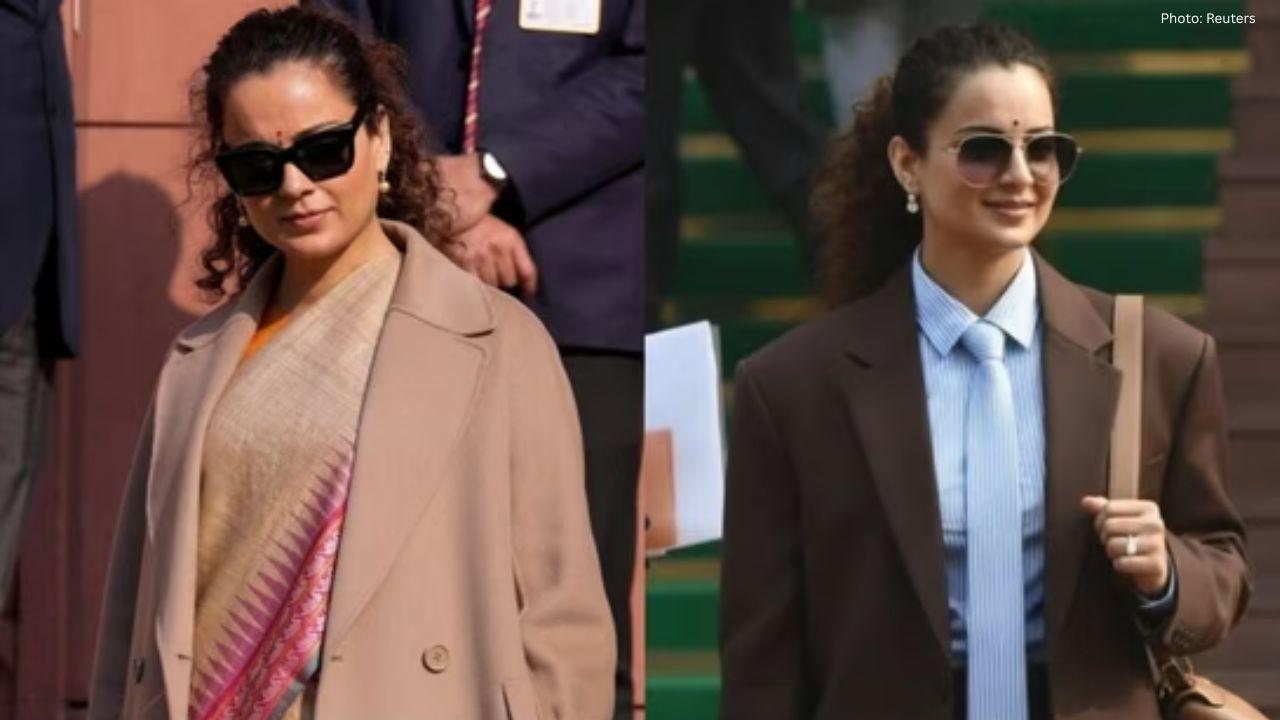
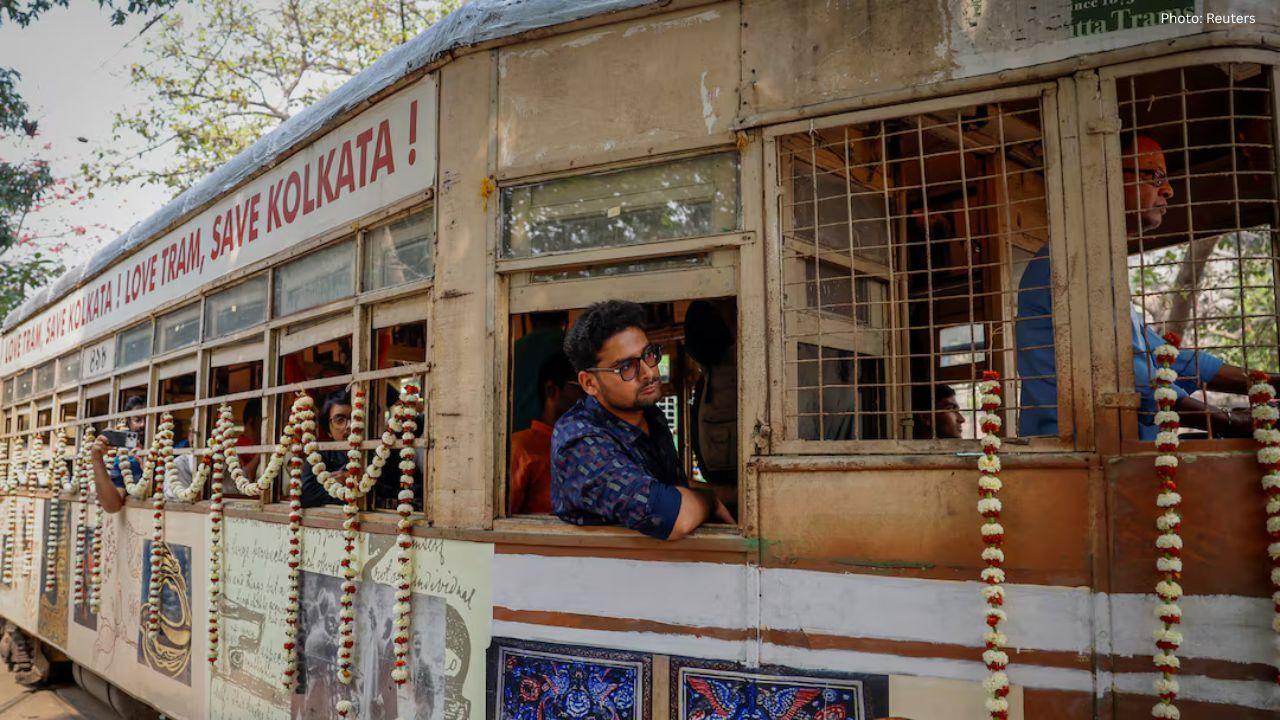

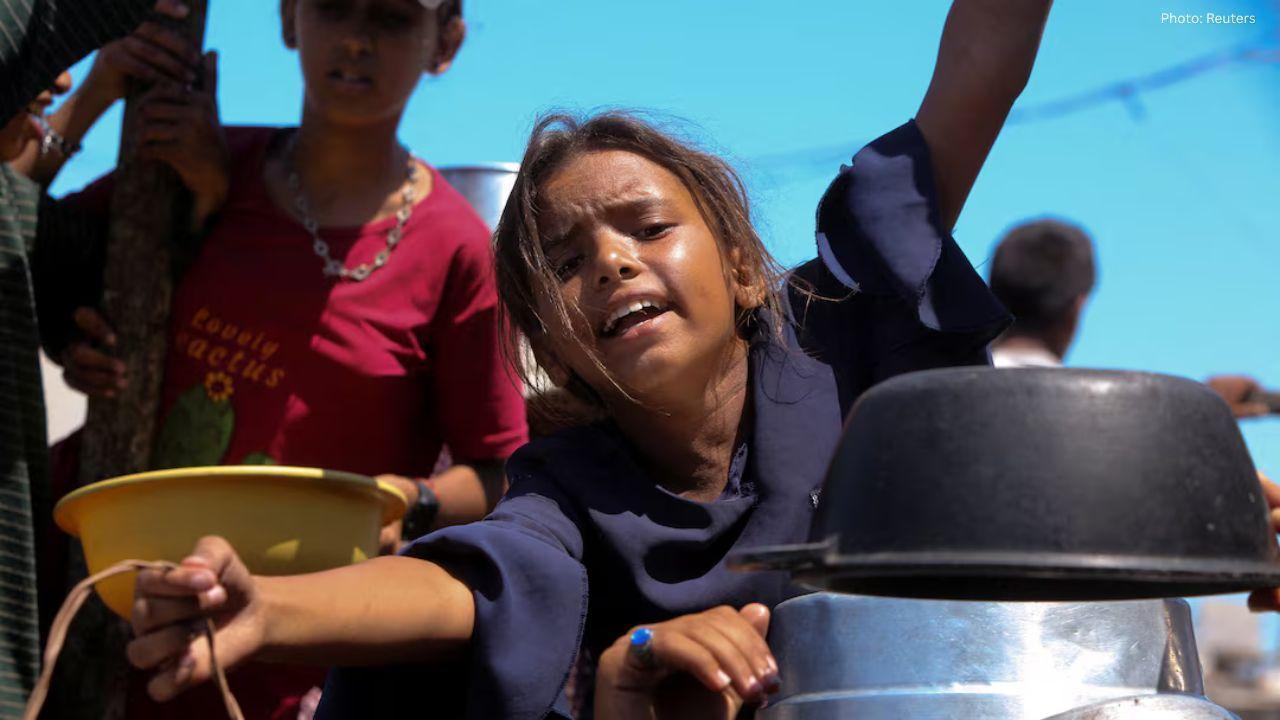
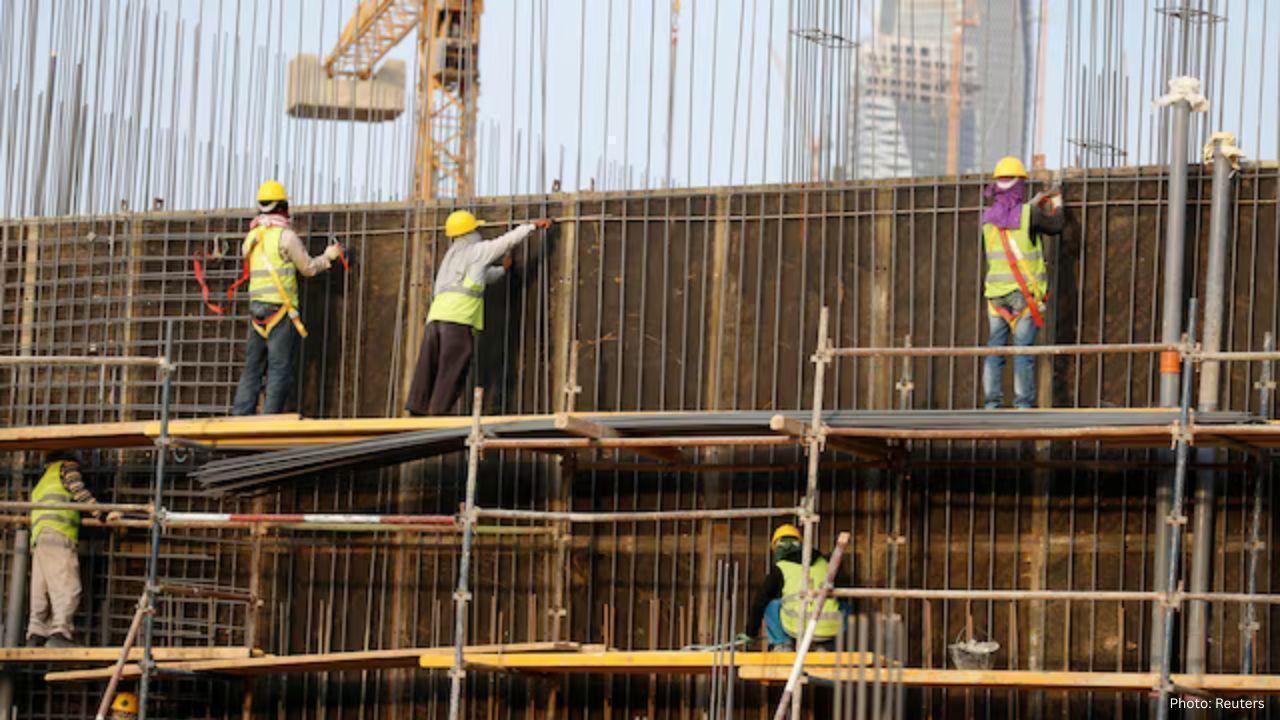




Two Telangana Women Die in California Road Accident, Families Seek Help
Two Telangana women pursuing Master's in the US died in a tragic California crash. Families urge gov

Ranveer Singh’s Dhurandhar Roars Past ₹1100 Cr Worldwide
Ranveer Singh’s Dhurandhar stays unstoppable in week four, crossing ₹1100 crore globally and overtak

Asian Stocks Surge as Dollar Dips, Silver Hits $80 Amid Rate Cut Hopes
Asian markets rally to six-week highs while silver breaks $80, driven by Federal Reserve rate cut ex

Balendra Shah Joins Rastriya Swatantra Party Ahead of Nepal Polls
Kathmandu Mayor Balendra Shah allies with Rastriya Swatantra Party, led by Rabi Lamichhane, to chall

Australia launches review of law enforcement after Bondi shooting
Australia begins an independent review of law enforcement actions and laws after the Bondi mass shoo

Akshaye Khanna exits Drishyam 3; Jaideep Ahlawat steps in fast
Producer confirms Jaideep Ahlawat replaces Akshaye Khanna in Drishyam 3 after actor’s sudden exit ov